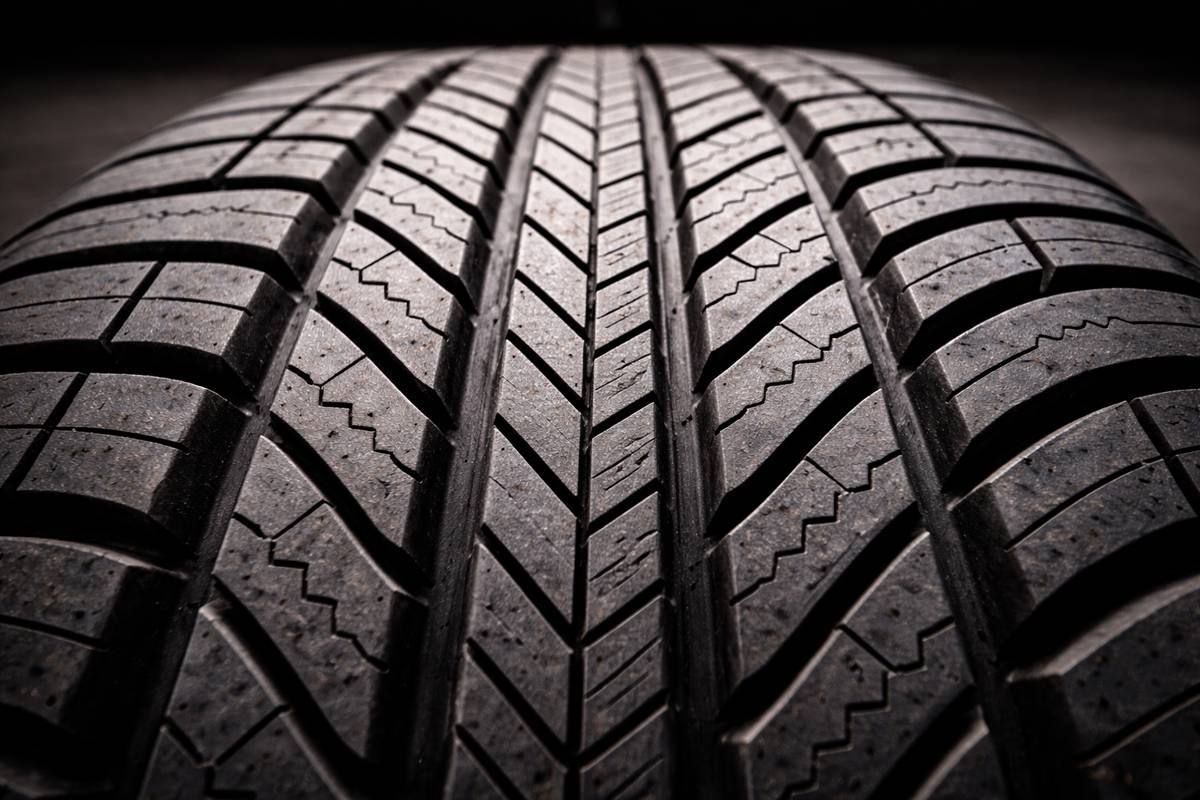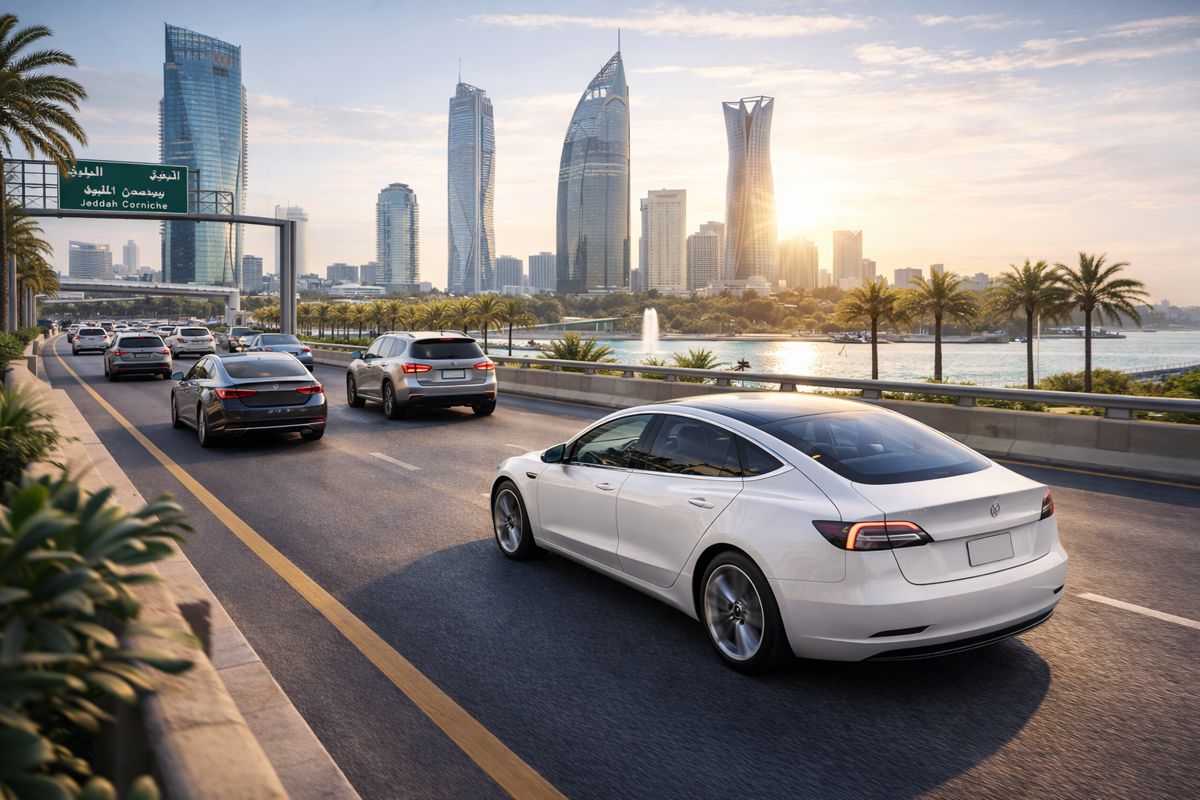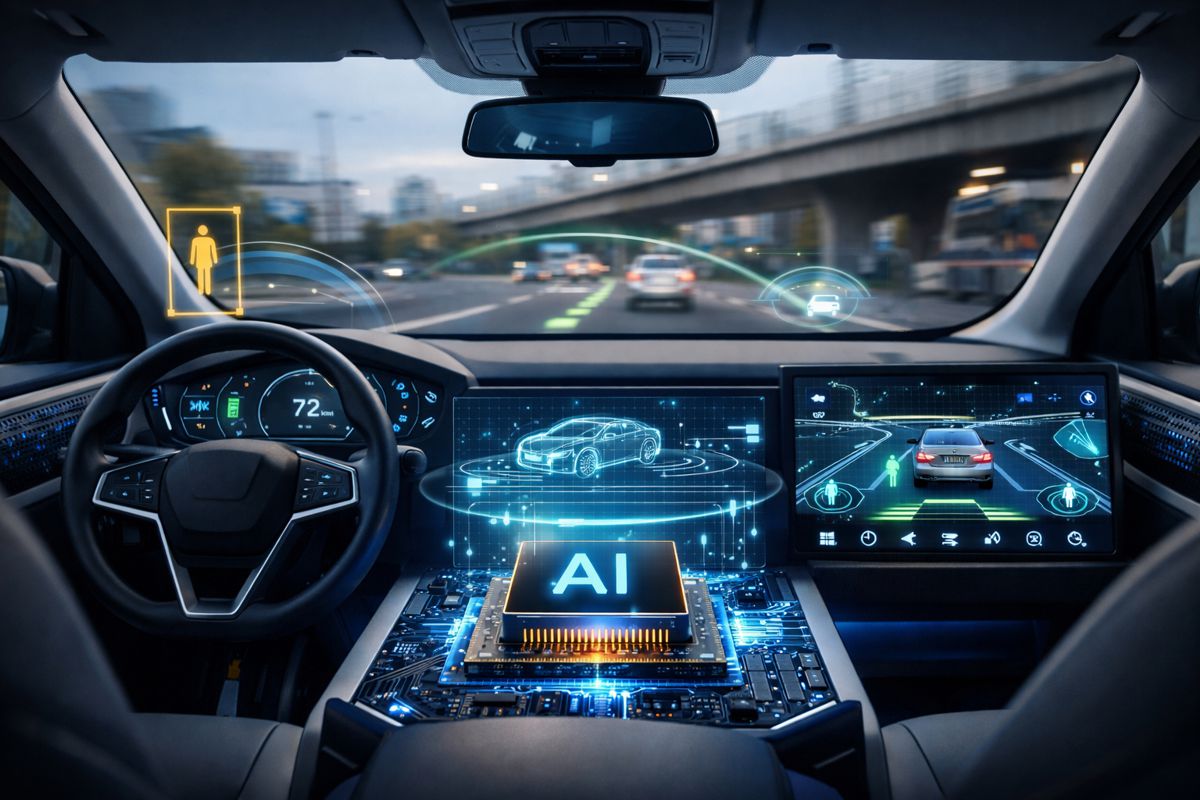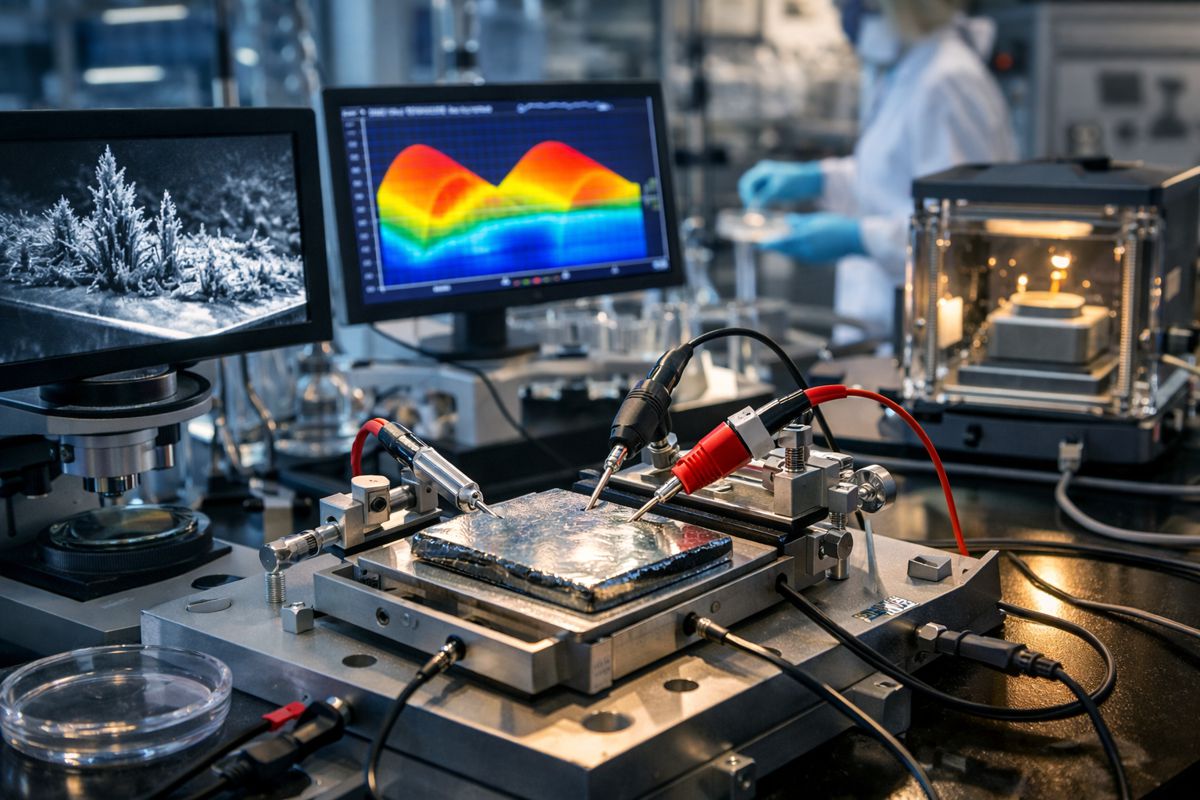Consumer Safety and Product Liability for Automotive Firms in 2025
The last few years have been fraught with challenges for the automotive sector. The COVID-19 pandemic delivered a massive blow to production rates, disrupting supply chains and lowering consumer confidence.
Cut to 2025, and the situation is turning around. The OICA, or the International Organization of Motor Vehicle Manufacturers, reports that production statistics are rising globally. In 2023, the US saw a 6% change in the production rates of cars and commercial vehicles.
However, with increasing production, the automotive industry has also witnessed numerous recalls and product liability concerns. In late 2023, Tesla recalled over two million cars in the US after federal authorities pointed out the safety repercussions of defects in the autopilot system. Many BMW electric vehicles were recalled due to software malfunctioning.
News reports highlighting such recalls trigger anxiety among consumers. Are automotive brands doing enough for consumer safety? Or, are some brushing issues under the carpet to avoid liability damages and legal action? Answering these questions is critical for manufacturers and consumers alike.
Why Are Automotive Liability Problems Rising?
Most vehicular recalls have been driven by design and production problems, like faulty ignition switches and airbags failing to deploy. Defective manufacturing is a top cause of product liability cases for automotive companies. It brings to mind the infamous Ford Pinto case of the 1970s, where a faulty fuel tank led to a disastrous accident.
Many car companies are also facing breaches of warranty claims. General Motors’ clients have complained that the company failed to honor its written warranty of repairing defects in parts like brakes and fuel systems. It is debatable whether this is a case of inadequate and ambiguous communication or deliberate corporate oversight.
Higher sales of electric vehicles have also spurred more recalls. Insufficient attention to software bugs and the risks of battery fires are the likely driving forces behind this. Many EV manufacturers are going through tough times. Even Hyundai Motors recently recalled over 140,000 electrified vehicles in the US because of a loss of driving power.
Further, rampant competition in the market has pushed many companies to expedite production cycles. Safety and inspection procedures may be compromised in these whirlwind processes.
Addressing Liability Concerns From Foreign-Made Components
In attempting to prioritize consumer safety in commercial and personal vehicles, it is also crucial to examine the complete ecosystem. Many automotive companies depend on supply chains spread across the globe. They may source components or raw materials from foreign countries for cost benefits.
In fact, BMW, Jaguar Land Rover, and Volkswagen were in hot soup last year because they sourced parts from a banned Chinese supplier. The supplier had links to forced labor.
In Compliance magazine notes that product categories like electronics, sports, and children’s products have faced the maximum recalls in recent times. Many of these were manufactured in China and some other Asian countries.
It elicits the question: Are firms that procure parts from countries with less stringent safety regulations risking consumer safety?
Accountability becomes difficult as the supplier or manufacturer is outside the US jurisdiction. It necessitates detailed contracts that specify required testing, certifications, and personnel training. For example, vehicular components must undergo design reviews and hazard analysis. The contracts should clarify accountability and cost-sharing for recalls.
Rise in Product Liability Cases: Learning From Other Industries
The surge in automotive recalls coincides with many other industries struggling with product liability challenges.
For example, consumers have issued complaints against health and wellness products like talcum powder and breast implants. Some infant formula products have been connected to NEC, a serious gastrointestinal problem in babies. The NEC lawsuit payout can be as high as $500,000 per person. It does not bode well for a defendant’s finances or reputation.
Along similar lines, Ford Motor Co. has been instructed to pay $165 million for not complying with recall requirements based on defective rear-view cameras. TorHoerman Law notes that payouts usually depend on the nature of injuries and the estimated costs of damages.
In Ford’s case, the company will also implement data systems to track safety investigations and vehicular components involved in recalls.
Automotive businesses should view the intimidating legal landscape as a stark reminder to prioritize consumer safety. The potential fallout of failing to address safety proactively can lead to similar repercussions in costs, brand image, and customer loyalty.
Ideas for Automotive Firms to Foster Consumer Trust and Safety
Many fatalities and injuries on US roads can be linked to vehicular defects. Unlike popular perception, many accidents are not due to negligent driving or overspeeding. Despite this, efforts to address recall-related problems are low. The USA Today reports that major companies sideline or short-circuit them. Worse, many old models are still on the roads, endangering people daily.
Here are some ideas for automotive companies to commit to consumer safety, ranking it higher than profiteering and market leadership.
- Introduce in-vehicle recall notifications for passenger vehicles. The drivers can be notified of software issues or pending actions after a new recall notice. They can also find access to repair facilities. The NHTSA has started an online tool to check for open vehicle recalls. Consumers can get free repairs at their nearest dealership.
- Promote car safety modifications like cruise control and automatic emergency braking. These provisions can help passengers be more secure when driving in crowded areas or in adverse weather. Company personnel can share these recommendations with buyers as safety advice.
- Champion research in making vehicles safer through intensive crash testing and technologies like AI. Driverless cars also warrant more study for some inherent safety advantages. Yet another area for research is building safer lithium-ion batteries.
As technologies become complex and consumers show interest in newer designs, the need for safety first is more urgent. A new year brings opportunities for manufacturers to learn from mistakes and recalibrate their efforts. Anyhow, far-reaching action is the only way to be in the legal system’s good books, as litigation is unlikely ever to become less daunting.





























